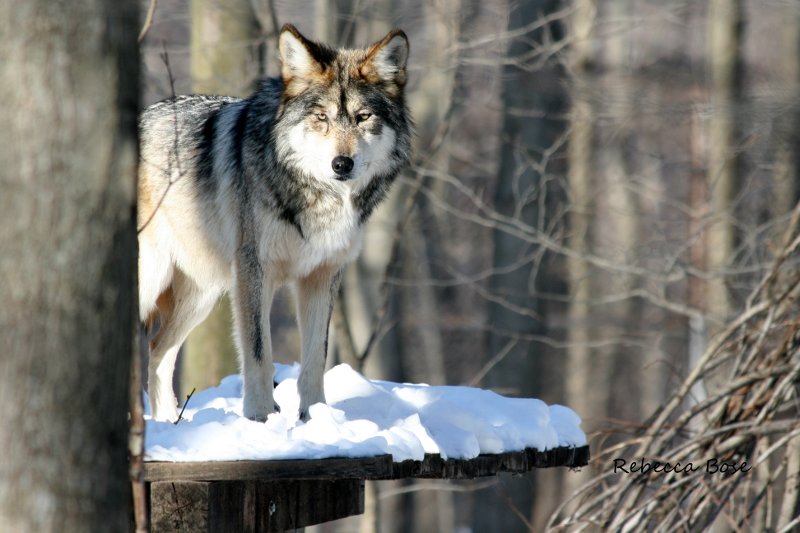Op-ed: Arizona’s Wolves Another Casualty of Federal Shutdown

You can submit your comments online here:http://www.regulations.gov/#!docketDetail;D=FWS-R2-ES-2013-0056
Public Comments Processing -Attn: FWS-R2-ES-2013-0056
Division of Policy and Directives Management
U.S. Fish and Wildlife Service
4401 N. Fairfax Drive, MS 2042-PDM
Arlington, VA 22203
If you live in New Mexico, you can also help by calling NM Senators Tom Udall and Martin Heinrich:
Udall: ABQ: (505) 346-6791 ~ Santa Fe: (505) 988-6511
Heinrich: ABQ: (505) 346-6601 ~ Santa Fe: (505) 988-6647
Sample phone script:
Hello, my name is ___________________, and I am a constituent from _________________ and a supporter of Mexican wolf recovery.
The US Fish and Wildlife Service has proposed rule changes that affect the future of endangered Mexican gray wolves. I want Senator Udall (Or Heinrich) to use his influence to persuade the US Fish and Wildlife Service to:
* Expedite a rule change that allows new Mexican wolves to be released directly into New Mexico and throughout the recovery area;
* Do all in its power to improve the wild population’s genetic health; and
* Increase protections for these important native animals.
Thank you.
_________________________________________________________________________________________________________________________________________________________
Click here to join our email list for Mexican gray wolf updates and action alerts.
Visit us on Facebook here.



